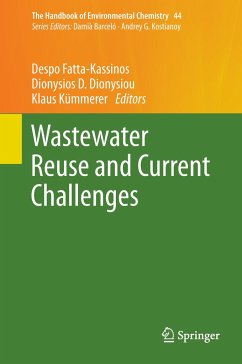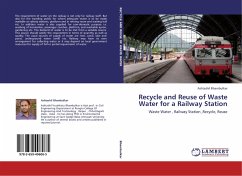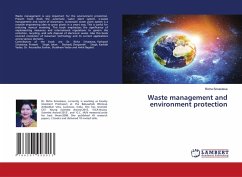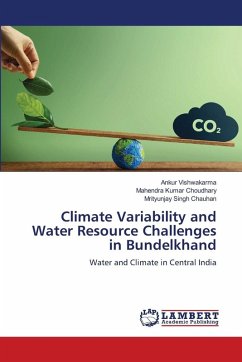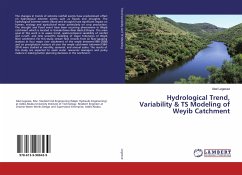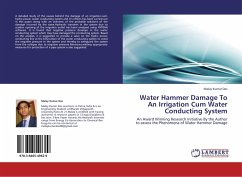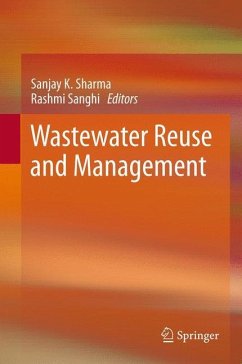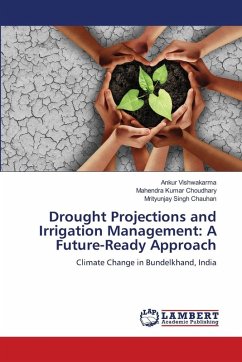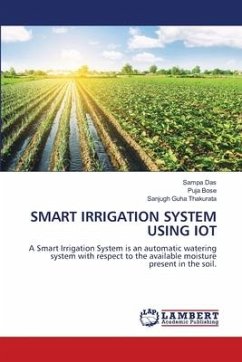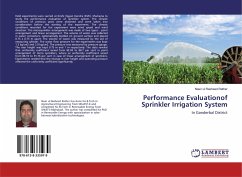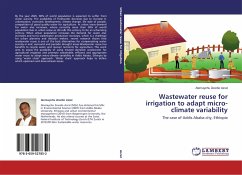
Wastewater reuse for irrigation to adapt micro-climate variability
The case of Addis Ababa city, Ethiopia
Versandkostenfrei!
Versandfertig in 6-10 Tagen
36,99 €
inkl. MwSt.

PAYBACK Punkte
18 °P sammeln!
By the year 2025, 60% of world population is expected to suffer from water scarcity. The availability of freshwater decrease due to increase in urbanization, economic development, climate change, life style of people, competition of good quality water for agriculture. In urban areas demand for water also increases, where currently more than 50% of world population lives in urban areas as UN calls this century to be an urbanizing century. When urban population increases the demand for water also increases and turns wastewater production increases, which is a challenge for urban planners and dec...
By the year 2025, 60% of world population is expected to suffer from water scarcity. The availability of freshwater decrease due to increase in urbanization, economic development, climate change, life style of people, competition of good quality water for agriculture. In urban areas demand for water also increases, where currently more than 50% of world population lives in urban areas as UN calls this century to be an urbanizing century. When urban population increases the demand for water also increases and turns wastewater production increases, which is a challenge for urban planners and decision makers. recent research shows that wastewater reuse is one of the best alternatives for compensating water scarcity in arid, semi-arid and periodic drought areas.Wastewater reuse has benefits to recycle water and recover nutrients for agriculture. This work aims to assess the possibility of using treated domestic wastewater for agricultural irrigation and promote sustainable, efficientand appropriate water reuse to adapt micro-climate variability in Addis Ababa, Ethiopia by using 'water chain' approach. 'Water chain' approach helps to define which upstream and downstream issues.



